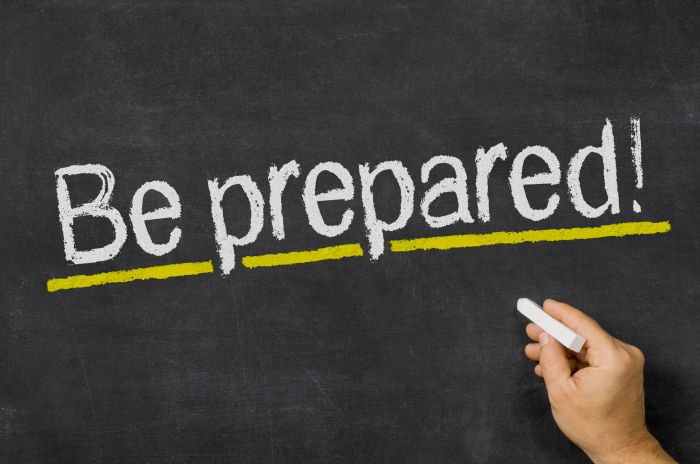Do you go to meetings prepared?
Is the organiser prepared? Do they prepare for meetings properly?
Are the other attendees prepared for the meeting?
How many times have you attended a meeting in which few, if any, people knew what the purpose of the meeting really was? Or where the equipment wasn’t set up properly, or where there was no agenda.
Perhaps few of the people required even turned up to the meeting.
Well prepared meetings would go a long way to solve this.
Problem: Unorganised meetings waste project time
So many project meetings are run by people that are not really prepared for the meeting. They don’t have the proper documents or information, they may not have an agenda, and they end up making themselves look unprofessional. They waste the time of the project team.
Some of the links on this website may be affiliate links to products I use, have tested or am familiar with. I may receive a commission if you click on some of those links and make a purchase. This is at no additional cost to you.
Sometimes the meeting attendees don’t bring their required reports, are late, or haven’t done the required reading in preparation for the meeting. This also slows down the whole meeting and wastes everyone’s time.
Solution: Meeting organisers and attendees should all be prepared
Make sure you have everything you need ready before you go to a meeting. Either have it printed on paper, or have it easily accessible via a large screen, laptop, or tablet computer. So that you have all the information you need to run, or give input to, the meeting at hand.
You should not leave the preparation of this to the minutes before the meeting, you should have this prepared hours or even days before the meeting (depending on the amount of material and information you require).
All attendees should have seen the agenda and have been sent the required reading material. They should all read that material before attending the meeting, so that they know and understand what is being talked about, and so that the meeting doesn’t need to waste time by bringing people’s knowledge up to date.
Consider including preparation of:
- A sign in sheet (especially for meetings which result in action items for people, or where proof of attendance is required).
- Facts and figures prepared in tables or graphs.
- Notes for yourself to refer to.
- Do prior reading of the relevant material so you know what you are talking about.
- Handouts, printouts or other material you need to provide the attendees.
- Prepare the room before the attendees arrive
- computer screen / projector
- phone or video connection setup if you have people joining the meeting from different locations
- enough chairs
- tables
- water and glasses if the meeting is more than an hour
- snacks if covering more than a few hours
- lunch if you will go over the lunch period
- Provide plenty of warning about the upcoming meeting, meaning you send a calendar invite as far ahead as reasonable (preferably more than a week ahead).
- Request that attendees also bring anything they need with them to provide you the information you seek from them.
You should also arrive early (at least 5 minutes) to the meeting so that you have everything ready when people arrive. If you need to set up a conference call, you should start preparing that early to ensure there are no delays with connecting the remote participants.
You should also start your meetings on time.
Doing all this will give you a more professional image, rather than looking unorganised and unprepared. You will also save time for the team, and you will be able to run shorter meetings by not wasting time doing things you don’t need to do.
If there is prework required of your meeting attendees, ensure that it is easy to read and easily accessible. Don’t read it out in the meeting though. If you do, people will learn to not bother with reading it beforehand, as they know you will do so in the meeting anyway.
Here is a description of how Mamie from Meeteo gets her team to prepare for meetings.
If you are attending a meeting organised and run by someone else, you should also arrive prepared. Take the necessary notes or other information you will require with you, reply to and accept the meeting invite, and make sure you have done the required reading or research and know what your input to the meeting will be.
Lesson: Don’t waste time, be prepared for meetings
You should always go to meetings prepared. Being prepared for a meeting, whether you are the host or if you are an attendee, displays a much more professional image than if you are not prepared.
Many people do not put the effort into being prepared for meetings. Not being prepared shows a lack of respect for your team, reduces the team’s productivity, and reduces your professional image.
Being prepared also saves time in the meeting for everyone.
Ensure everyone has access to, or brings, all the required meeting material (handouts, reports etc), and has read the required material before attending. This will result in much more productive meetings.

